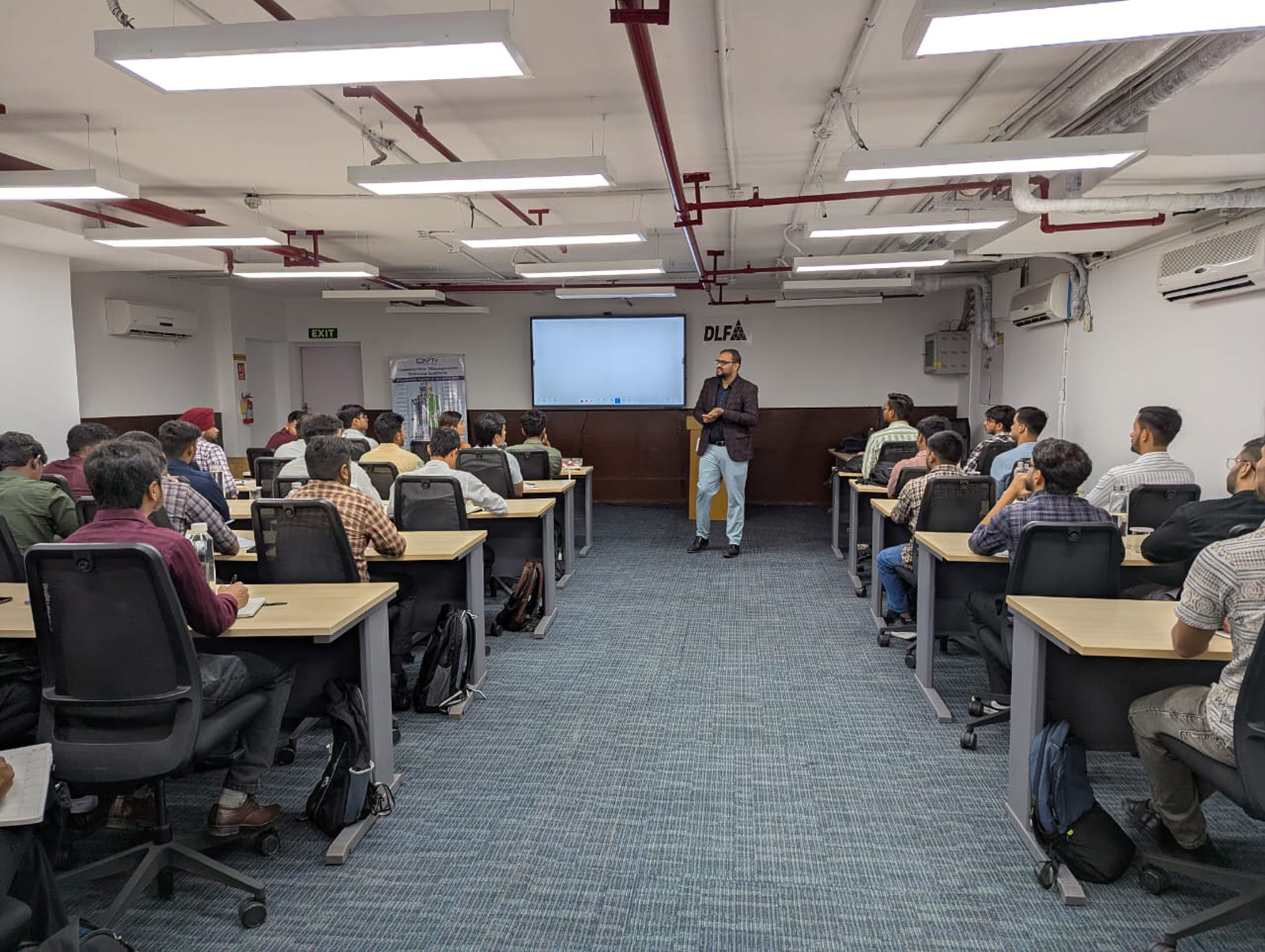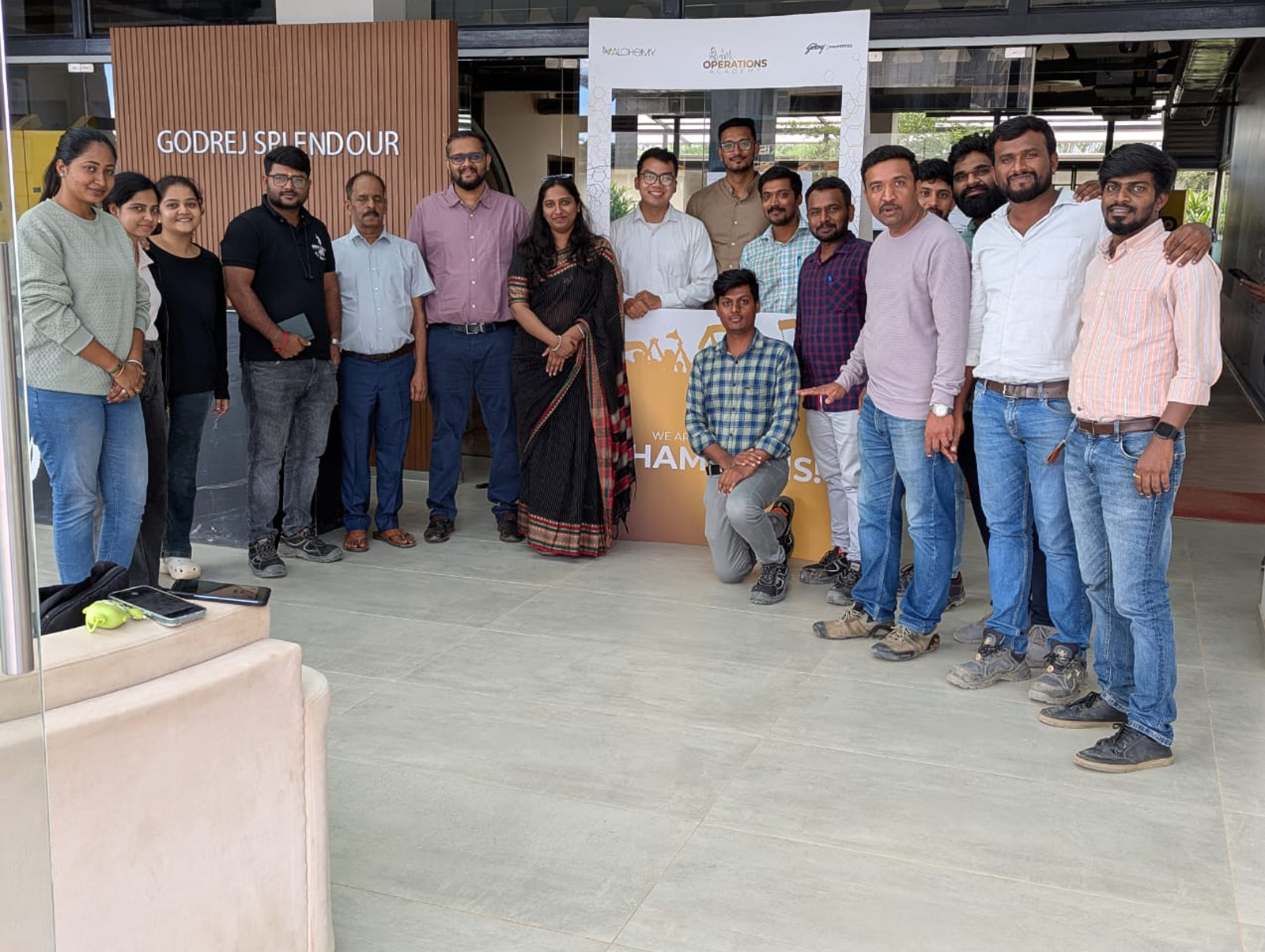The Generalist Advantage: A Three, Pillar Framework
Blog Details

A generalist facilitator doesn’t just transfer knowledge, they integrate it. They weave lessons into the organization’s larger fabric, helping people see connections that specialists often miss.
Here are the three pillars that make generalists indispensable in corporate learning:
1. The Systems Perspective: Connecting the Dots
A generalist views knowledge as a system, not silos.
In my sessions at companies like L&T, Tata Projects, and Godrej Properties, I don’t just teach Primavera for project planning. I connect it to:
● How scheduling delays affect cash flow (Finance).
● How resource optimization impacts procurement cycles (Contracts).
● How project timelines shape customer commitments (CRM).
2. Empathy Across Roles: The Collaboration Catalyst
Generalists cultivate empathy because they can step into multiple shoes at once, the engineer’s, the salesperson’s, and the finance manager’s.
During a recent design coordination session, an architect voiced frustration over last, minute sales changes. The sales head countered with irritation about rigid site timelines.
Instead of lecturing, I ran a Harvard, style roleplay where each had to argue from the other’s perspective. The room went quiet. For the first time, they didn’t just hear the other’s problem, they felt it.
That breakthrough, the shift from defensiveness to empathy, is the spark that drives collaboration. And it rarely happens in specialist, led trainings.
3. Curiosity and Breadth: The Innovation Engine
Specialists deepen knowledge. Generalists broaden it.
My own philosophy has always been that curiosity is more valuable than specialization. That curiosity lets me draw analogies from politics, sports, neuroscience, or marketing, and apply them to real estate and construction.
I’ve seen how a supply chain principle can help optimize construction resources. Or how a hospitality, inspired customer service framework can strengthen a real estate CRM process.
This cross, pollination breaks the “this is how we’ve always done it” mindset and unlocks fresh innovation.



